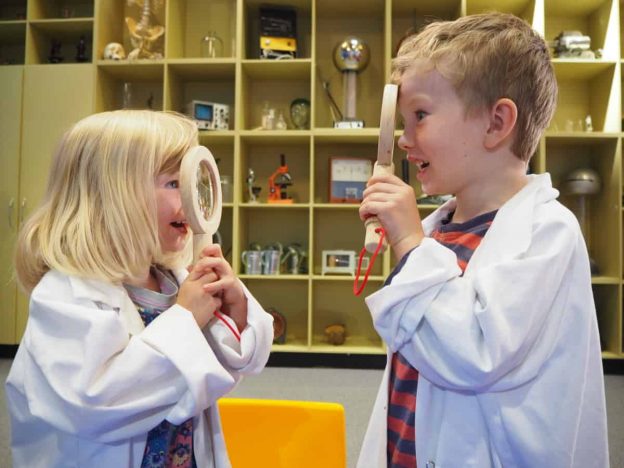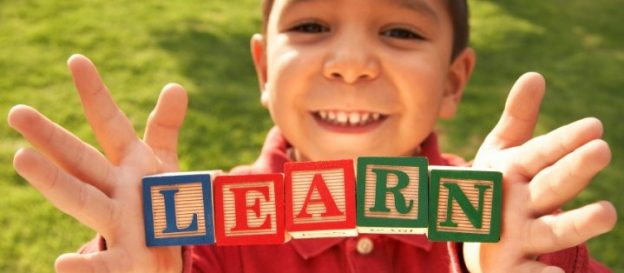Homeschool is about creating a culture of education, daily devotion to curiosity, and practice of diligence toward discipline. It is more about character and less about the completion of, or in some situations, the ‘experience’ of, material. Homeschoolers use books to grow our children in the areas of faith and diligence. An incredible academic education is almost a lovely side effect of teaching at home.
Consider the fact that one must be educated in order to truly understand, practice, and defend their faith. To be diligent and kind one must understand the parameters and purposes of such acts; why they ought to be grown from within; why they desperately need to be practiced each day. These acts are caught rather than taught. Following goals of completing a book simply for the sake of checking off a subject in order to progress to the next book will be hard pressed to lead a child to faith and character. Reverse that order and it is such a lovely and common sense approach for a person to use books, any books, to grow our children in stature AND education.
“The goal of education should not be the completion of a book, but, rather, the lighting of a fire.” Some famous sage made this statement ages ago. Wish I could remember their name for you, but I think those brain cells shrunk with baby #4 or was it #5?
When we school at home we have the time to model for our children. We have daily pressure to walk what we talk rather than the need to preach into the void of time between school, practice, homework, and sleep. We unlimited opportunities to socialize and learn alongside other children/parents with the same end goals rather than a wave in a carpool line and a hope that your child is no longer hanging out with (insert nemesis name here). There is no need to undo 8+ hours of gunk build up in order to get back to an open and teachable attitude. Instead, we must work on ourselves in order to know when to lead, guide, encourage, respect/love, chastise, or challenge.
Homeschooling mamas have such a desire to get to Heaven that we daily open ourselves up to sanctification through educating our children. When we school at home, we have the time to educate our child in a lasting manner that considers and encompasses their whole life rather than simply preparing them for college. Education should be a lifelong quest. Modern education stops between the ages of 18 and 24 with nary a book to be opened again. Once they head out your door, the time for imparting faith, character, and kindness is over. However, if they have been encouraged to find joy in learning, satisfaction in doing hard things, respect/love in following their curiosity, they are well prepared to learn anything they would like in college and beyond.
God can redeem all things, Please do not read into this that I am discounting His power. I rely on His power as mine falls so far short- and I seek this homeschool quest daily with a couple of decades of experience.
I can think of nothing more worthy of my weekdays than practicing and speaking consistent love into the hearts and minds of my girl-women, and practicing and speaking consistent respect into the hearts and mind of my boy-men– using books as one of my main mediums. Our whole house becomes a part of our Culture of Education, lessons are taught and caught all day long no matter the location, the book, or the time. It is who we are- people who are curious- people who learn- people who master- people who share with others.
Our whole house becomes a part of our Culture of Education, lessons are taught and caught all day long no matter the location, the book, or the time. It is who we are- curious people, learners, masters, givers, etc. As if there could be nothing better: We share this gifted journey with a community of like- minded people who we can truly get to know during hours of socialization while we guide our children toward the common goal of educating the whole child. Those who understand the difference between an education as something to worship vs. being educated in order to live fully as God intends for each and every one of us.
My prayer for this blippy blog is that you might haver a better understanding of the difference between an education as your end goal vs. education as a lifelong pursuit to live fully in communion with others- as God intends for each and every one of us- loving our neighbors as ourselves.






